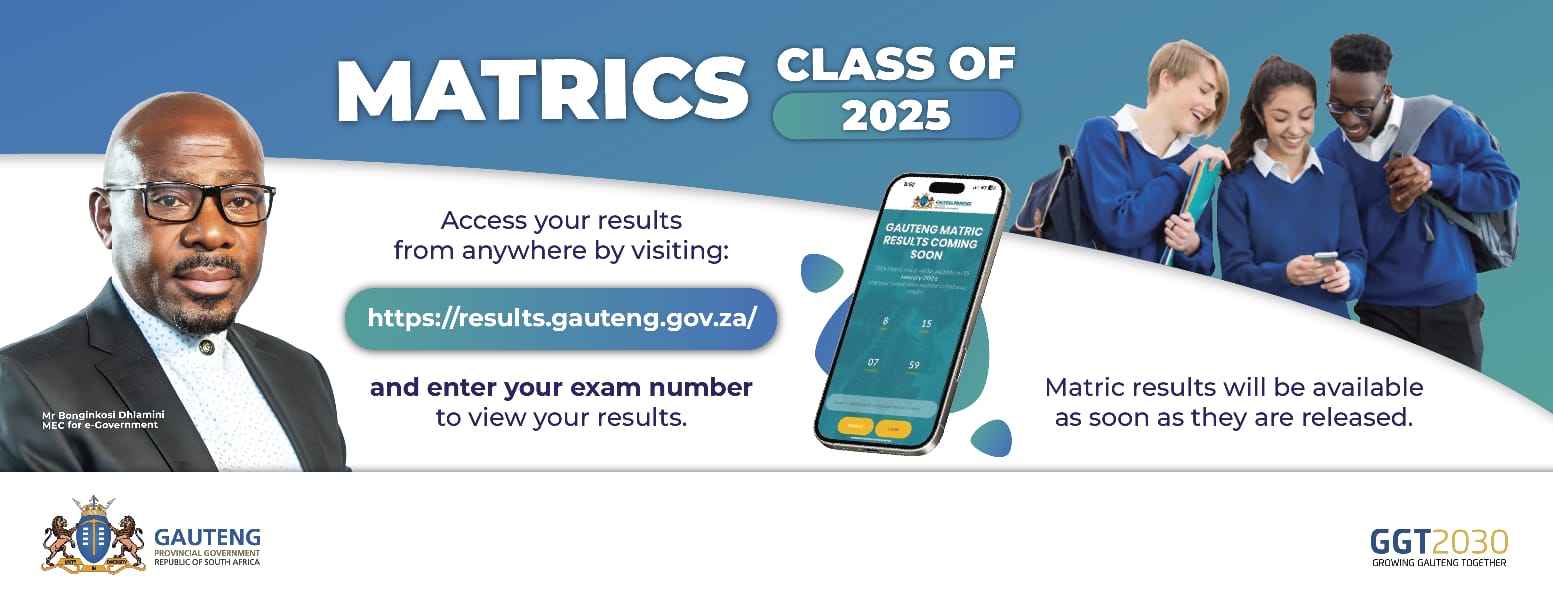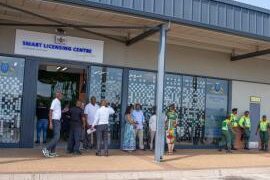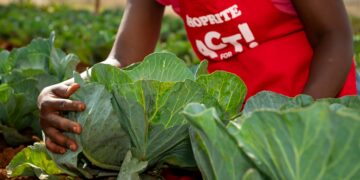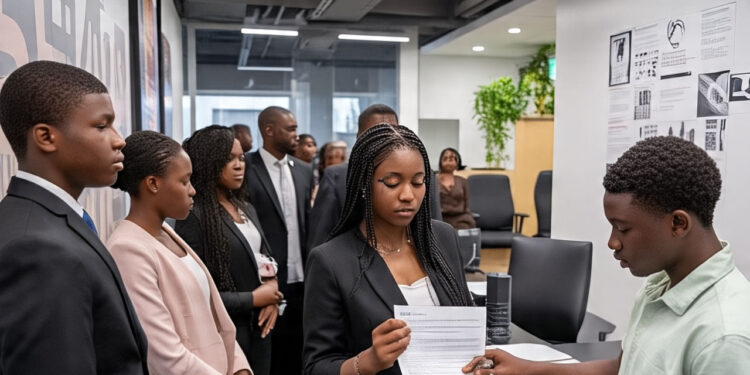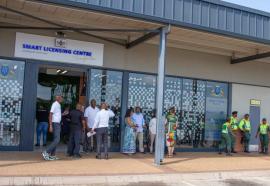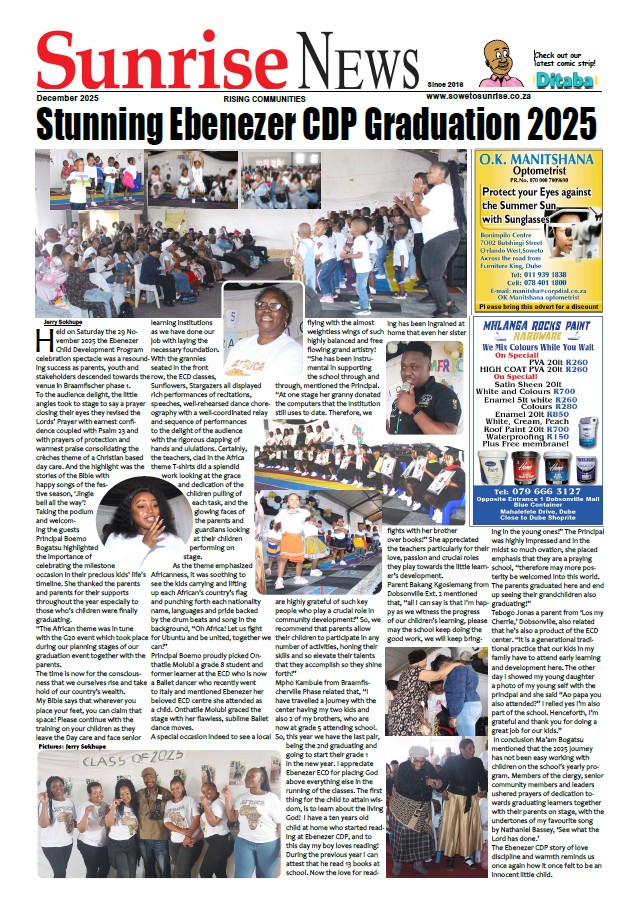In today’s fiercely competitive job market, many graduates find themselves grappling with significant obstacles as they seek employment after completing their studies. Despite their academic accomplishments and the skills that they have honed during their education; these individuals often struggle to secure positions that align with their qualifications. The experience can be both frustrating and demotivating, casting a long shadow over their long-term career prospects and overall mental well-being.
According to Statistics South Africa, the unemployment rate surged to a staggering 32.9% in 2025, leaving approximately 8.2 million people without jobs. This issue is multifaceted, stemming from a growing workforce and an unequal economic structure. The consequences of high unemployment are dire, contributing to pervasive poverty, increased crime rates, and broader economic instability. Rural areas are particularly hard hit, with unemployment rates exceeding 50%, largely due to limited access to education, infrastructure, and job opportunities.
In this challenging environment, job seekers are increasingly turning to online platforms such as Indeed and LinkedIn, as well as leveraging social media to connect with potential employers. Many are also volunteering to gain valuable experience and expand their professional networks. However, the path to employment remains fraught with difficulties.
Lulama Nale, a journalism graduate from the class of 2025, exemplifies the challenges many face in their job search. She articulates a common hurdle: “The biggest challenge I’ve faced while looking for a job is that most companies want candidates with three or more years of experience or those already doing internships.” After five months of relentless searching, she finds it disheartening to receive no responses at all, not even rejections. Nale has applied for positions in digital marketing, journalism, and call centers but has yet to find success. She believes her skills could significantly benefit her community by providing updates on local events and helping to alleviate unemployment through job advertisements. To support her fellow unemployed graduates, she actively encourages people to share information about companies that are hiring. Throughout her job search journey, Nale has learned the invaluable lesson of patience and has come to understand that networking is essential in today’s job market. Despite the myriad challenges she faces, she maintains a positive outlook and draws strength from her faith.

Fikile Nyathi, who graduated in Publishing Media Studies in 2022, shares similar sentiments about the job landscape. She has encountered a scarcity of opportunities in her field, lamenting, “There are few openings available.” After three years of searching, Nyathi is particularly frustrated by the lack of feedback from potential employers. She has applied for positions in graphic design, communications internships, and content creation but has yet to receive any responses. Her experience underscores the urgent need for more accessible pathways into the job market for graduates like herself.
Victor Ngobese, a Business Management graduate from 2024, identifies competition as his most significant hurdle in the job market. “It’s highly competitive, making it difficult to stand out,” he explains. Ngobese possesses marketing and communication skills that could greatly enhance community event promotion. He advocates for mentorship programs that would connect unemployed graduates with seasoned professionals, providing them with valuable guidance and support. Throughout his job search journey, Ngobese has cultivated resilience and persistence despite facing numerous rejections. He finds motivation in connecting with peers who share similar experiences during this challenging time.
As South Africa continues to grapple with high unemployment rates and a daunting job market for graduates, the resilience and determination of individuals like Nale, Nyathi, and Ngobese shine through their stories. Their experiences illuminate the pressing need for systemic changes that will facilitate better access to employment opportunities for all South Africans. It is crucial for stakeholders—governments, educational institutions, and businesses—to collaborate in creating an environment where graduates can thrive and contribute meaningfully to society. Only then can we hope to turn the tide on unemployment and build a brighter future for the nation’s youth.
Thulisa Nyathi
Soweto Sunrise News
